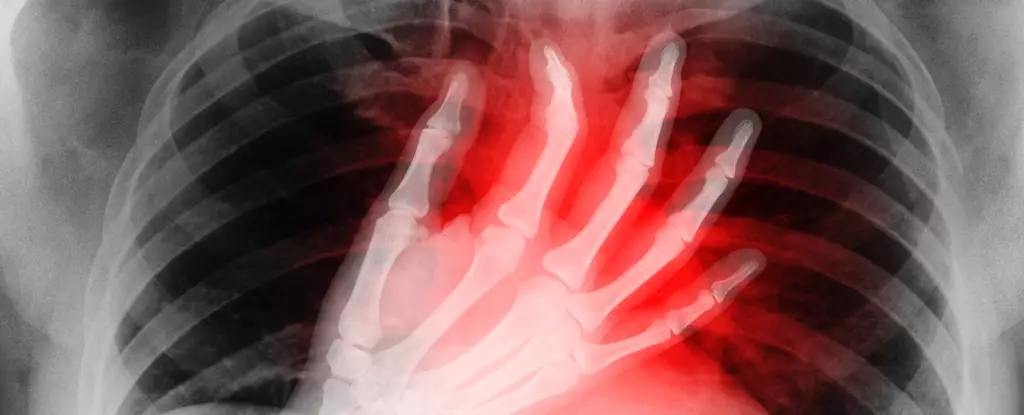As the holiday season approaches, many people look forward to office parties, family gatherings, and celebratory events. While these occasions are filled with joy and camaraderie, they can inadvertently lead to health issues, especially concerning heart health. The phenomenon known as “holiday heart syndrome” often surfaces during this time, manifesting as irregular heart rhythms linked to patterns of excess alcohol consumption. This article delves into the implications of binge drinking, the physiological reactions of the body, and precautions for maintaining heart health during the most festive time of the year.
The term “holiday heart” refers to the spike in cases of atrial arrhythmias—irregular heartbeats—often seen during the festive period. Individuals engaging in heavy drinking may experience symptoms like heart palpitations, dizziness, or shortness of breath. These alarming sensations can prompt many to seek immediate medical help, only to find out they have an alcohol-induced heart rhythm disorder.
Emerged over 50 years ago, the awareness of holiday heart syndrome has remained relevant, particularly during increased alcohol consumption periods such as holidays. It is vital to understand that the irregular heart rhythms associated with alcohol consumption aren’t confined solely to festive celebrations; rather, they present a risk for anyone who engages in binge drinking, regardless of the time of year. The physiological effects of such drinking behaviors are intricate, impacting the heart, blood vessels, and nervous system.
Alcohol consumption can lead to dehydration and inflammation, both of which can interfere with the heart’s electrical system. The body’s reaction to excessive alcohol often results in an imbalance of electrolytes and disruptions in natural heart signals, which can trigger arrhythmias. As many health professionals will attest, symptoms may range from minor irregularities that go unnoticed to severe episodes, leading to hospitalization.
When individuals present with concerning symptoms linked to alcohol consumption, health care providers typically conduct a thorough examination. This often includes an electrocardiogram (ECG) to monitor the heart’s rhythm and blood tests to analyze electrolytes and indicators of organ function.
Interestingly, not all individuals experiencing holiday heart manifest symptoms. Some may only discover their heart condition when investigated for unrelated health concerns. This highlights the insidious nature of alcohol’s effects on the heart and the critical importance of regular health check-ups, particularly after periods of heavy drinking.
For many, early intervention leads to a successful resolution of holiday heart symptoms, often allowing a swift return to normalcy once drinking habits are moderated or avoided altogether. However, for some, the diagnosis may escalate to atrial fibrillation (AF), which can pose more significant health threats. AF is a prevalent heart disorder, affecting a considerable percentage of the adult population in Australia and globally.
Unlike holiday heart, atrial fibrillation necessitates more considerable medical intervention, including potential medication to restore a standard heartbeat or procedures like electrical cardioversion. If neglected, AF can greatly increase the risk of complications such as blood clots, strokes, and even heart attacks, making awareness and early treatment pivotal.
There’s no magic number indicating how much alcohol consumption will trigger holiday heart for any individual; prevention primarily centers on moderation. The guidelines suggest that both women and men adhere to drinking limits—no more than ten standard drinks weekly, and no more than four in a single day.
To further mitigate risks, individuals can intersperse water with alcoholic beverages, helping prevent dehydration and reducing alcohol’s overall impact. It’s also vital to maintain healthy lifestyle practices, including exercise and stress management, which serve as foundational pillars for heart health.
As the holiday festivities ramp up, it’s essential to remember the potential toll that excess alcohol can exact on our bodies—specifically on our hearts. By adopting responsible drinking habits and remaining alert to the symptoms of irregular heartbeats, individuals can enjoy all the joys of the season while prioritizing their health. Embracing moderation not only enhances the festive experience but safeguards our well-being, ensuring that we can celebrate the holidays with zest and enthusiasm for years to come.


Leave a Reply